Born in 1942, Joe Biden is, technically, a member of the Silent Generation–those Americans born between1928 and 1945–instead of being a Baby Boomer. Even with that being the case, it seems as if Biden is wrapping up the Baby Boomers’ hold on the White House unless Donald Trump manages to pull off doing a great imitation of Grover Cleveland and moving back in come 2024.
There have been plenty of presidents who capped off their generation’s hold on the presidency. First elected to the U.S. Senate in 1972, Biden appears to finally be headed to the White House more than three decades after he first sought in back in the 1988 election cycle. Other politicians born in the 1940s–Dan Quayle, Trump, Bill and Hillary Clinton, Al Gore, Joe Lieberman, George W. Bush, Dick Cheney, Mitt Romney, John Kerry–leapfrogged Biden who was spinning his wheels in the Senate until Barack Obama, born 18 years after his understudy, tapped him to be his running mate in 2008. Even then, Obama shoved Biden aside for Hillary Clinton in 2016 and we all know how that worked out.
Still, Biden can take some inspiration–and learn a few lessons on what not to do–from some of the chief executives who put a bow on their generation’s time in the White House.
Take James Monroe for example. The last member of the Virginia Dynasty, the three presidents from the Old Dominion who presided over the White House from 1801 until 1825, Monroe did not have the original and creative mind that his predecessors and friends, Jefferson and Madison, possessed. As historian George Dangerfield noted in his Pulitzer Prize-winning “The Era of Good Feelings,” even in studies of the Monroe administration, it’s easy to lose focus on the president himself. That certainly proved to be the case for me when I looked at Monroe’s War Department for my senior thesis at Trinity College as the president proved elusive. While he never left the mark that some of the other leading members of his generation did on American history, Monroe’s presidency was, on the whole, a good one, ranging from the doctrine that bears his name to the Adams-Onis Treaty to acquire Florida to the Rush-Bagot Treaty helping lower tensions with the British over Canada. There’s a reason that Monroe won one of the biggest mandates in American history exactly 200 years ago as he took 81 percent of the vote and only had a single electoral college vote cast against him.
Still, while Monroe’s presidency can show some of the respect and political harmony that can come with being the last member of a generation to sit in the White House, it also shows one of the downsides of it. Monroe’s second term was undermined by a host of political leaders–Cabinet members John Quincy Adams, John C. Calhoun and William H. Crawford; congressional leaders like William Lowndes and Henry Clay; Andrew Jackson–running to be president in 1824 and destroying the “Era of Good Feelings.”
John Updike’s memorable phrase “the hairsplitter before the rail-splitter” captures much of the political career of James Buchanan, the last member of the Jacksonian generation to win the presidency. On paper, Buchanan has much in common with Biden: decades of political service, previous failed presidential bids, ties to Pennsylvania. After the young and inexperienced Franklin Pierce flopped in the White House, Democrats denied him renomination and put up Buchanan, considerably older and something of a moderate who had been in politics for four decades. Of course, Buchanan proved even worse than Pierce, doing little as the sectional crisis continued to divide the union. Despite having no plans to run for a second term, Buchanan presided over far more political factionalism than Monroe did, including his constant battles with Stephen Douglas over slavery and the territories. While Buchanan had some able men in his administration–Edwin Stanton, Jeremiah Black and John Breckinridge come to mind–they were often overshadowed by the senile Lewis Cass, the timid Isaac Toucey and the hapless John Floyd. Simply put, Biden could learn a lot about what not to do in the White House by examining the Buchanan administration.
William McKinley was the last president who fought in the Civil War, rising from the rank of private to major. Our 25th president had one foot firmly in the 19th century and the other in 20th as he pushed for the gold standard, spoke for industrial capitalism and supported a vigorous foreign policy, culminating in the Spanish-American War, imperialism and the long struggle in the Philippines. Something of a bridge between the Gilded Age and the Progressive Era, McKinley, generally, was able to manage the factionalism, criticism from the next generation and economic transitions that seem to plague transitional presidents. While McKinley’s assassination in 1901 ensured Theodore Roosevelt’s place in American history, it also ended one of the better presidencies of the era.
In the past century, three Republican presidents–Herbert Hoover, Dwight Eisenhower and George H.W. Bush–served as the last presidents of their respective generations. All of them were out of touch with changing technologies which hindered their efforts though Ike rightfully ranks as a good president and Bush was an underappreciated one who, frankly, looks better in comparison to subsequent presidents. Still, Hoover’s speeches on the radio and Bush’s amazement at a grocery store scanner only made them appear as if the times had passed them by. Still, of the three, only Hoover should be counted as a failed president despite voters tossing Bush out in 1992.
Looking at these various presidencies, a few things stand out. Almost all of them presided during transitional times and some of them–namely Buchanan with the sectional crisis and Hoover with the Great Depression–simply were not up to the job. Almost all of them were replaced by far younger men, some of whom represented clear breaks with the past. Most of them provided over some internal party strife–be it Monroe watching his Cabinet disintegrate (and even getting into clashes with Crawford), Buchanan having his party divide in the 1860 election, McKinley’s campaign manager Mark Hanna clash with VP Roosevelt, the rising man of the next generation. Biden seems to have a link between the Baby Boomers and Gen X waiting in the wings in Kamala Harris though Buchanan thought he had something similar with Breckinridge while Bush tied himself to Dan Quayle. Almost all of these presidents wanted to focus on foreign affairs though Hoover and Buchanan simply could not. That’s a possibility for Biden, who chaired the Senate Foreign Relations Committee, and who often opined on international issues over the years.
“One generation passeth away, and another generation cometh: but the earth abideth for ever,” Ecclesiastes reminds us. Biden is shaping up to be the latest in a series of presidents to preside at the moment when the torch is passed–and this set of chief executives face a unique set of problems. Biden and his team could learn a good deal from a review of Monroe, Buchanan, McKinely, Hoover, Eisenhower and the first Bush.
Kevin Derby wrote this analysis. He can be reached at kevin.derby@floridadaily.com.

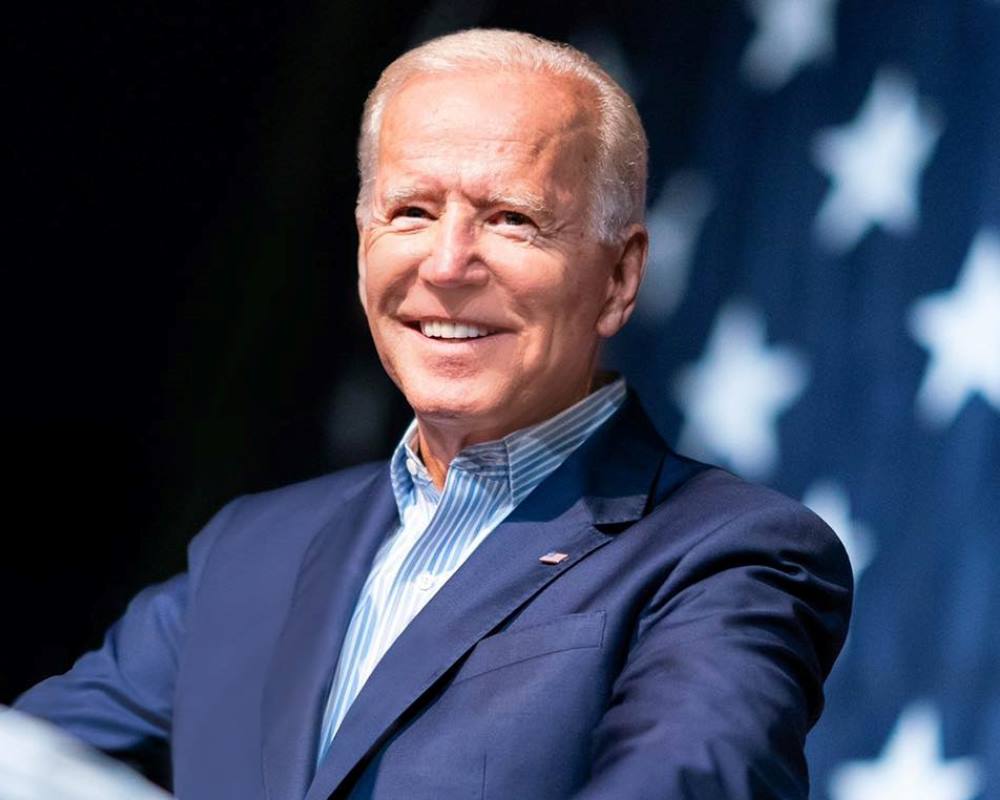








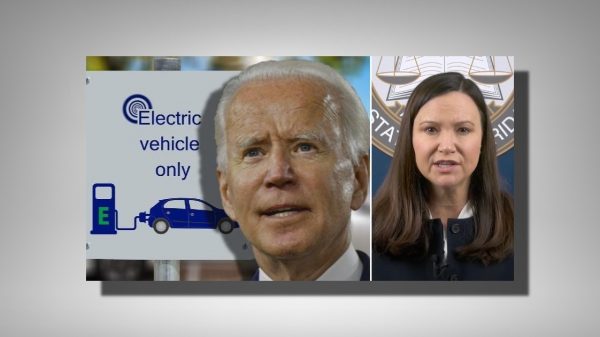

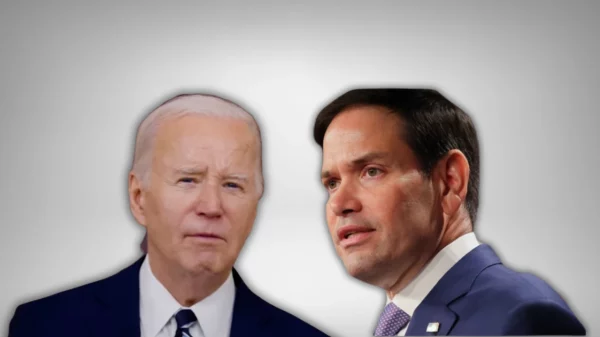
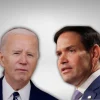

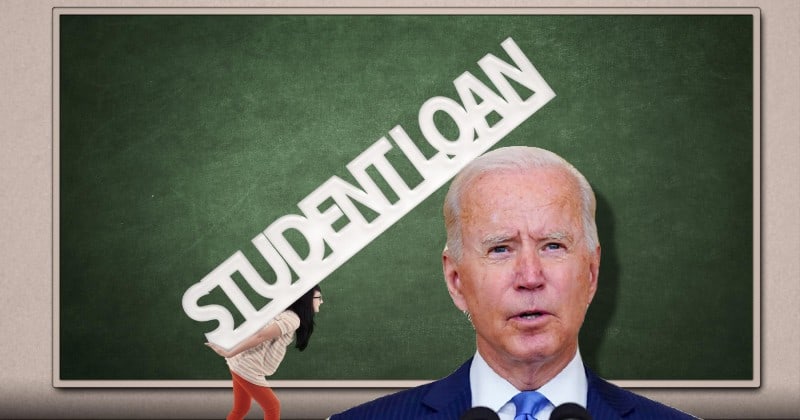
Pingback: KEVIN DERBY: Joe Biden Could Learn Things From Transitional Presidents Who Capped Off a Generation in the White House